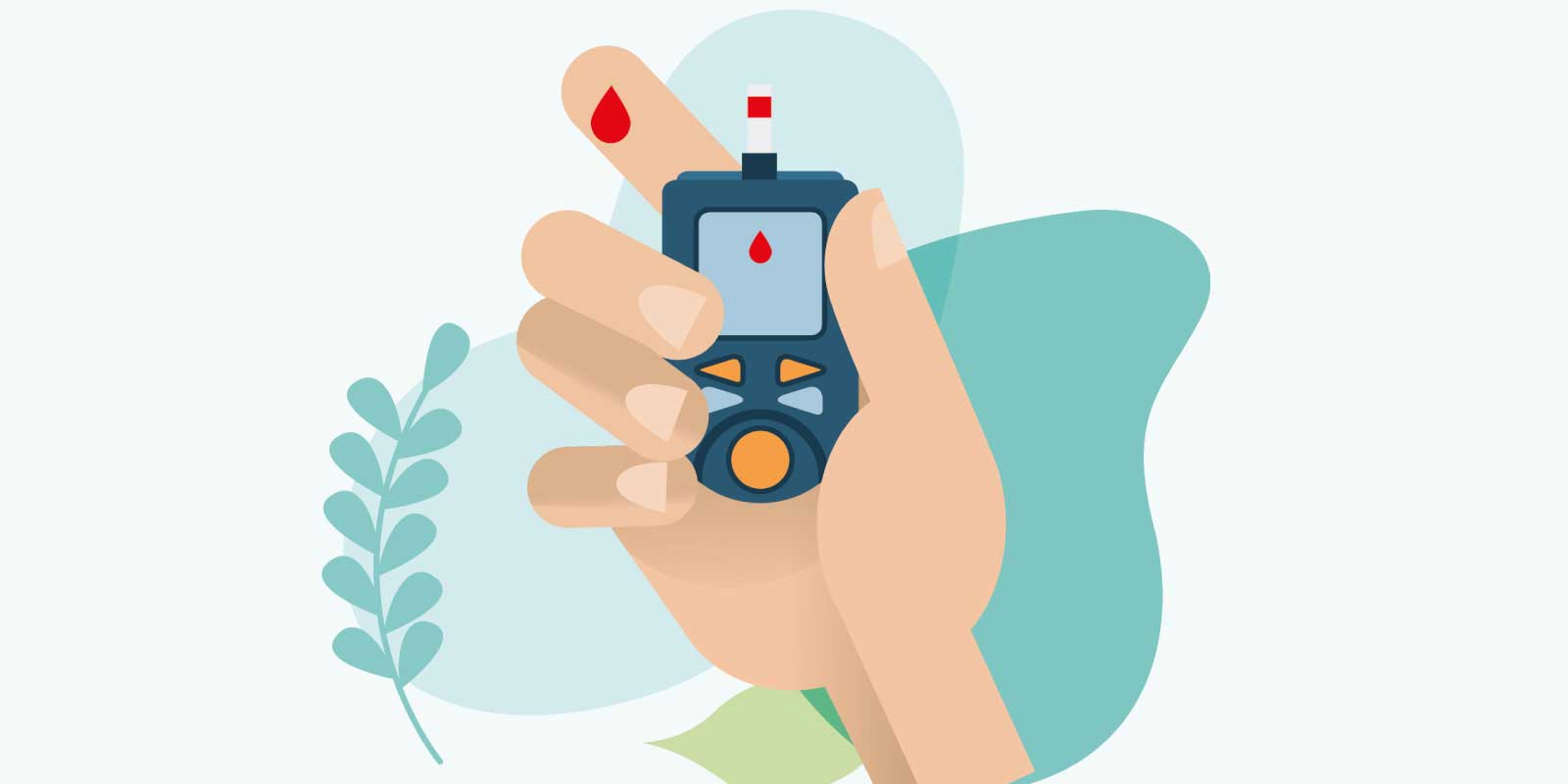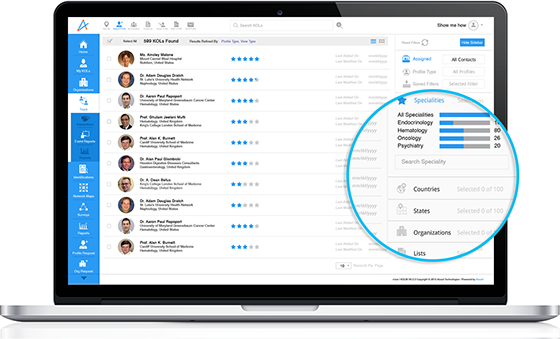9 Aug 2011
New Drugs to Diabetes Prevention kit, but a healthy lifestyle is must!!

Diabetes is one of the major global healthcare burdens which affects all age group population. There has been rigorous research going on since decades towards finding a most significant medication to combat this burden. The additions to the existing chain of medications sound never ending but to prevent the addition of more number of people to Diabetes Subjects’ registry, there is an evident need of educating people about Diabetes and the importance of healthy lifestyle.
National Diabetes Fact Sheet-2011 of CDC (Center for Disease Control and Prevention) states that, in the United States alone there are 25.8 million people diagnosed with diabetes. The World Health Organization estimates an increase in incidence of diabetes of 43% in North America and 55% worldwide from 2007-2025. Type 1 diabetes is common amongst younger age groups; about 5-10% of diabetics have this type. It is irreversible as there is no insulin production by the pancreas, where as in the Type 2 the hormone is inadequately produced or the one which is present is not utilized to the full extent. Generally Type 2 diabetes is found in adults but these days it is even being observed in younger generation, teens as well as children. Type 2 is the most common type, which accounts for more than 90 percent of all diabetes cases in the developed world. Each year, more than 231,000 people in North America and more than 3.96 million people worldwide die from diabetes and its complications. The third type of diabetes is Gestational diabetes, which is a transient phase of high blood sugar only during pregnancy and usually subsides after the pregnancy.
Linagliptin, a dipeptidyl peptidase-4 inhibitor (DPP-4) is a promising new drug possesses a range of physiological effects along with enhanced glycemic control including stimulation of glucose-dependent insulin secretion and suppression of glucagon secretion from pancreatic alpha cells [1]. In monotherapy or combination therapy with metformin or pioglitazone, there is no high risk of sugar lowering observed from its usage. Linagliptin’s nonrenal route of excretion is its distinctive characteristic that distinguishes it from other members of the class.[2] Food and Drug Administration (FDA) in May 2011 approved linagliptin to control blood glucose in diabetics by increasing incretin levels, subsequently raising insulin levels after food and throughout the day. Boehringer Ingelheim and Eli Lilly and Company announced Linagliptin, which is marketed as “Tradjenta” can be used on its own or in combination with pioglitazone, metformin, glimepiride or sulfonylurea.
Tradjenta belongs to a class of prescription drugs called dipeptidyl peptidase-4 (DPP-4) inhibitors and is the first and foremost member of its class to be approved at single dosage strength of 5 mg once in a day with or without food. With Tradjenta, regardless of renal or liver impairments in patients with type 2 diabetes, dose adjustment is not recommended. Approval of this drug is based on a clinical trial which included about 4,000 adults with type 2 diabetes, where in it produced significant reductions in the blood glucose levels but it is contraindicated in type 1 diabetes or for the treatment of diabetic ketoacidosis (high blood ketone levels). Therefore it may prove potentially a good option for physicians in the management of type 2 diabetes.
Another drug for diabetes called Dapagliflozin [3] developed by AstraZeneca and Bristol-Myers Squibb was found to have two advantages, 24-Week Phase 3 Study found investigational drug significantly reduced plasma glucose concentration, besides reducing the sugar levels in diabetics it also helped them lose weight remarkably when in combination with metformin over the period of 12 weeks. The drug blocks the re-absorption of glucose from urine by the kidneys and therefore inhibits the sugar re-entering the blood stream, thereby helping to regulate blood glucose levels in Type 2 diabetics.
The addition of new drugs for Diabetes to the existing list would go on but one of the best ways to prevent this is to create more and more awareness about it and emphasizing the benefits of healthy lifestyle.
Being overweight or obese is the single most and important risk factor predicted to develop type 2 Diabetes, a devastating condition. Various studies showed that regular exercise at least for 30 minutes a day, five days a week and an improved diet that is low in fat and carbohydrates, high in fiber content have proved to be beneficial in the prevention of Type 2 Diabetes. As the saying goes, “Prevention is better than cure” holds very true for Diabetes. Fundamental reasons are said to be improper dietary habits and sedentary or highly inactive life led in the current world, sometimes heredity being one of the reasons. It reduces immunity and makes one prone to infections readily and sugar laden tissues cause delayed wound healing. Hence beginning a healthy lifestyle is the only way out to avoid forthcoming complications of Diabetes like diabetic retinopathy, nephropathy, neuropathy, diabetic gangrene, cardiac diseases, etc. which could be fatal. Therefore the bottom line is prevention of “Diabetes” could be as easy as adopting the “healthy lifestyle habits”.
____________________________________________
[1] Journal: Advances in Therapy; May 2011
[2] FDA News; May 2011
[3] The Lancet; Volume 375 (973); June 2011
[2] FDA News; May 2011
[3] The Lancet; Volume 375 (973); June 2011






